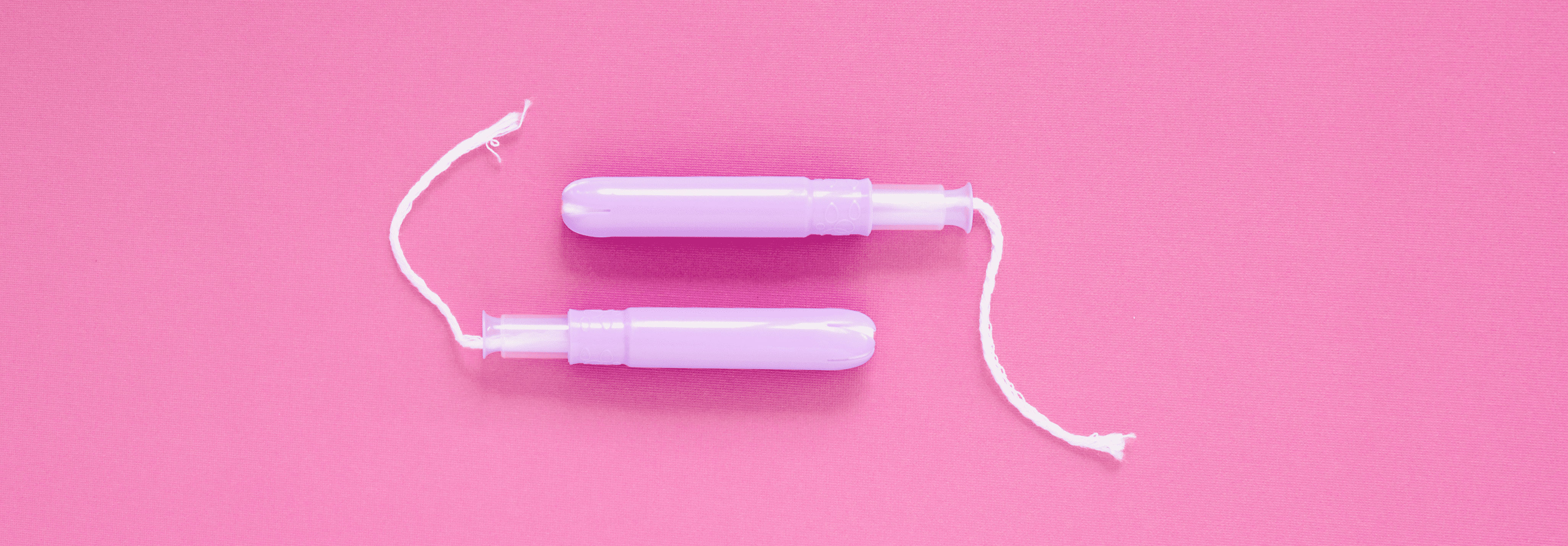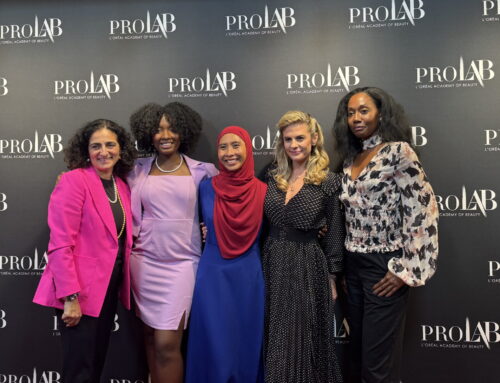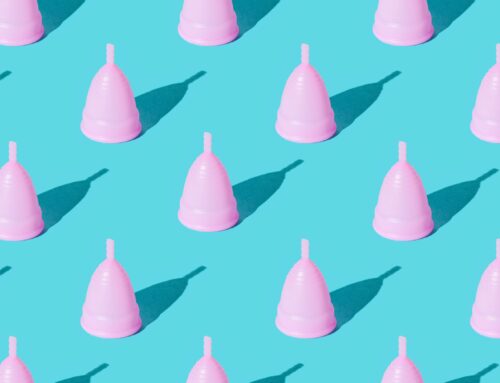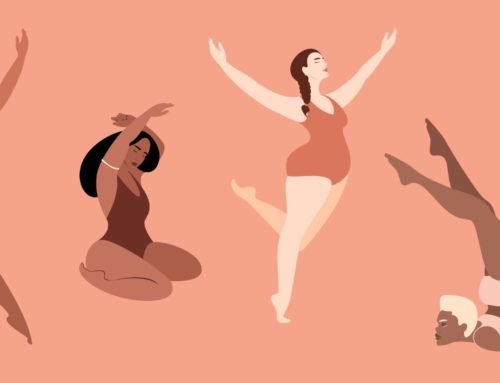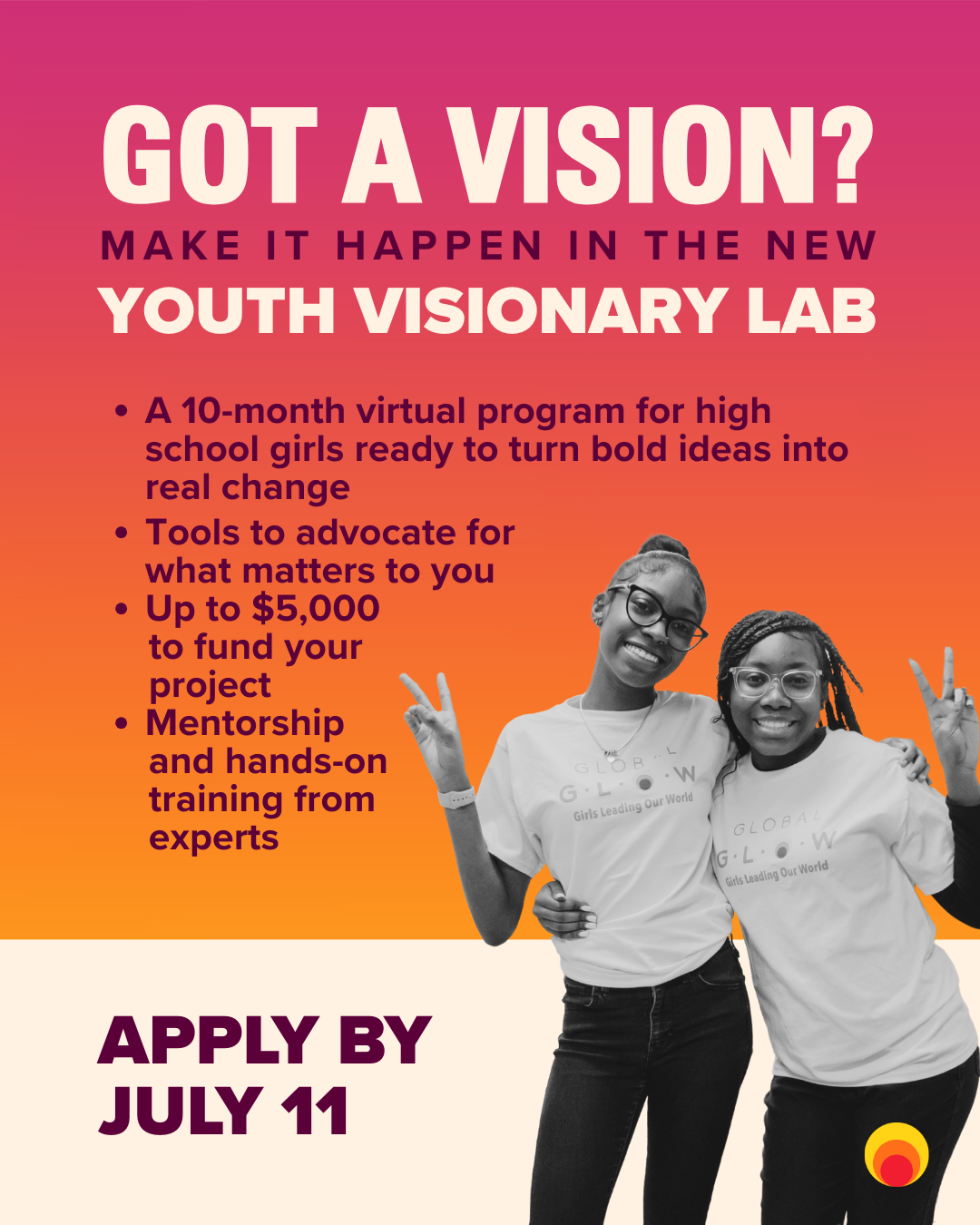Mexico City Bans Single-Use Plastic and Causes Tampon Shortage
On January 1, 2021, Mexico City government officials banned single-use plastic products as a way to combat climate change. At face value, the initiative is great – climate change is an important and ever-present issue. However, the government named tampons with plastic applicators among the list of “nonessential” plastics, creating a shortage of the essential products in Mexico City. This decision affects those of the most disenfranchised backgrounds and is compounded by the economic effects of COVID-19.
Period poverty is an important issue affecting women and girls all over the world, even prior to the economic challenges created by COVID-19 measures. According to Global Citizen, nearly one in five U.S. girls have missed school because they could not afford period products. Inability to afford menstrual products is one of the leading causes of girls falling behind in school and often leads to increased likelihood of dropping out. The devastating effects of period poverty do not stop there — globally, girls experience taboo, shame and discrimination because of the very normal act of menstruation.
The situation in Mexico City has frustrated many because – in addition to not being able to find tampons throughout the city’s 16 boroughs – it has driven up the price of alternative products such as tampons with cardboard applicators. Some believe that the government could have done a much better job at increasing the supply of alternative products before banning single-use tampons with plastic applicators.
As Anahí Rodríguez, spokeswoman for the organization Menstruación Digna (Dignified Menstruation) stated, “They should have made sure there were tampons available with applicators that used an alternative to plastic, at an accessible price, before they withdrew them.”
Government officials responded by pointing towards alternative products for use like pads or menstrual cups, but this has presented a different argument— girls and women should have the option to decide what menstruation products work best for their bodies. Menstrual cups are too expensive for many people with limited income and sanitary napkins are often not ideal for many women, such as those who are involved in athletic activities. Forcing girls and women to choose alternative products is, at the least, disruptive and, for many living in vulnerable situations, impossible to overcome.
Period Poverty Issues are Not Unique to Mexico City
The issue of period poverty is not unique to Mexico City, as much of the country, and the world, struggles with issues of inaccessibility or unnecessary restrictions of choice.
“In most communities in Yucatán, what is used during menstruation are sanitary napkins; there is no culture of other products,” shared a Global G.L.O.W. partner in Mexico. “And in Mérida, the corner stores very rarely have other products, like tampons. You only find them in supermarkets like Walmart.”
Even initiatives that have a wonderful end goal, like climate change prevention, can produce extremely negative consequences for marginalized communities that should not be overlooked by legislation.
It is essential lawmakers assess the impact of new initiatives on vulnerable populations and for those witnessing injustice to hold them accountable when they do not. In this instance, the plastic ban in Mexico City adds a massive and unnecessary hurdle to the existing problem of period poverty while contributing few meaningful alternatives.
To learn more about our long-term approach to period poverty and stigma check out our Healthy GLOW program.
The views expressed in this blog are that of the author and do not necessarily represent those of Global G.L.O.W. and its employees.


